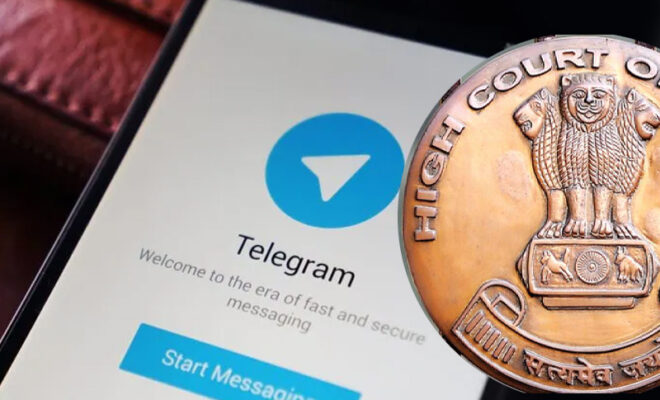Indian HC Directs Telegram To Disclose Channels Violating Copyright Law

The Delhi High Court ordered Telegram to disclose details of all the channels & users that share pirated content or violate copyright law in India.
The Delhi High Court has ordered Telegram to provide information about the channels and equipment used to distribute allegedly copyright-infringing content, as well as the mobile numbers, IP addresses, including email addresses of such users, in a sealed cover.
What Argument Did Telegram Present?
Rejecting Telegram’s claim that it cannot reveal user information because doing so would go against its privacy policy and the laws of the country in which its physical servers are situated.
A bench of Justice Prathiba M. Singh ruled that even under the terms of the IT Act, such as Section 79(3)(b), Telegram has a duty to promptly remove or disable access to the illegal material without tainting the evidence in any way.
Telegram Has To Adhere to Indian Law
The plaintiffs, Neetu Singh and K.D. Campus Pvt. Ltd, filed a lawsuit in court asking for a permanent injunction against copyright infringement, damages, and other relief regarding the unauthorized transmission of the plaintiffs’ films, lectures, books, etc.
The court stated in the 51-page judgment dated August 30 that Indian courts would have every right to force Telegram, which has sizable operations there, to abide by Indian law plus orders made by them for the revelation of pertinent information pertaining to infringers.
High Court Rejected Telegram Argument
It was decided that Telegram’s claim that it chose to place its server in Singapore could not render actual infringers immune from legal action simply because of that claim.
The Indian High Court said,
“.. If such an argument is accepted, in the current world where most dissemination happens through online messaging services and platforms, IP violations would go completely unchecked,” the order averred.”
“The provisions of the IT Act and the Rules made therein have to be construed harmoniously with the rights and remedies provided to the copyright owners under the Copyright Act.”
“Indian courts are competent to decide issues relating to infringement of copyright and the mere fact that Telegram is operating a messaging service in India which chooses not to locate its servers in India cannot divest the Indian courts from dealing with copyright disputes or divest copyright owners from availing their remedies in Indian courts.”



